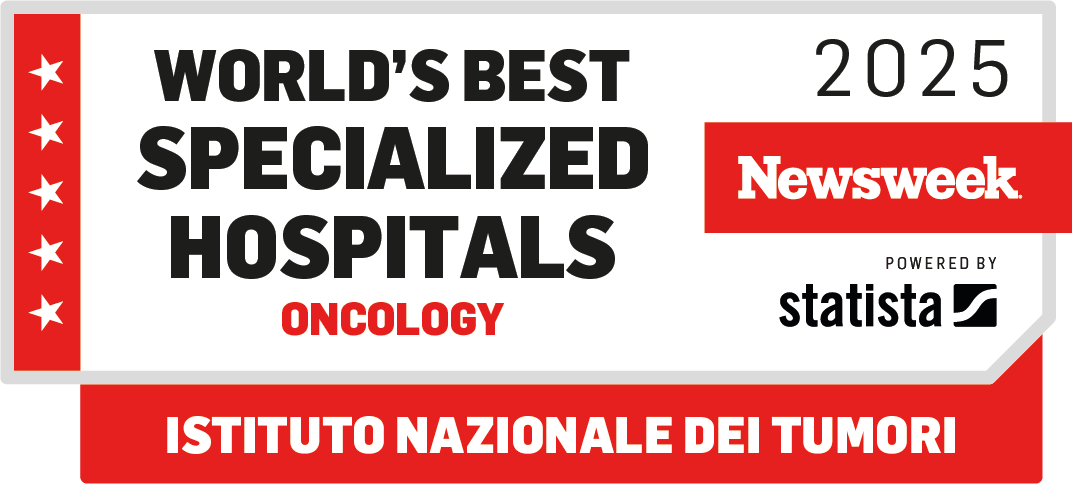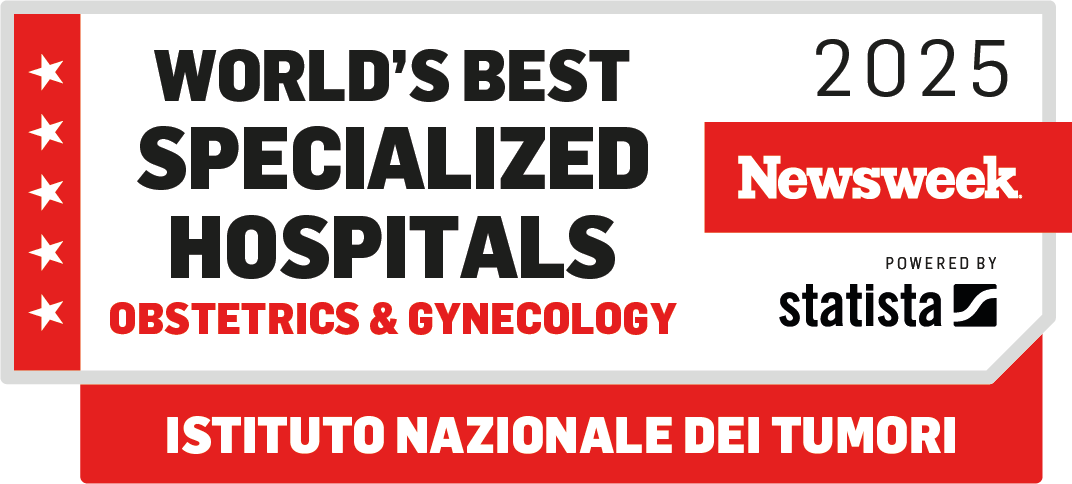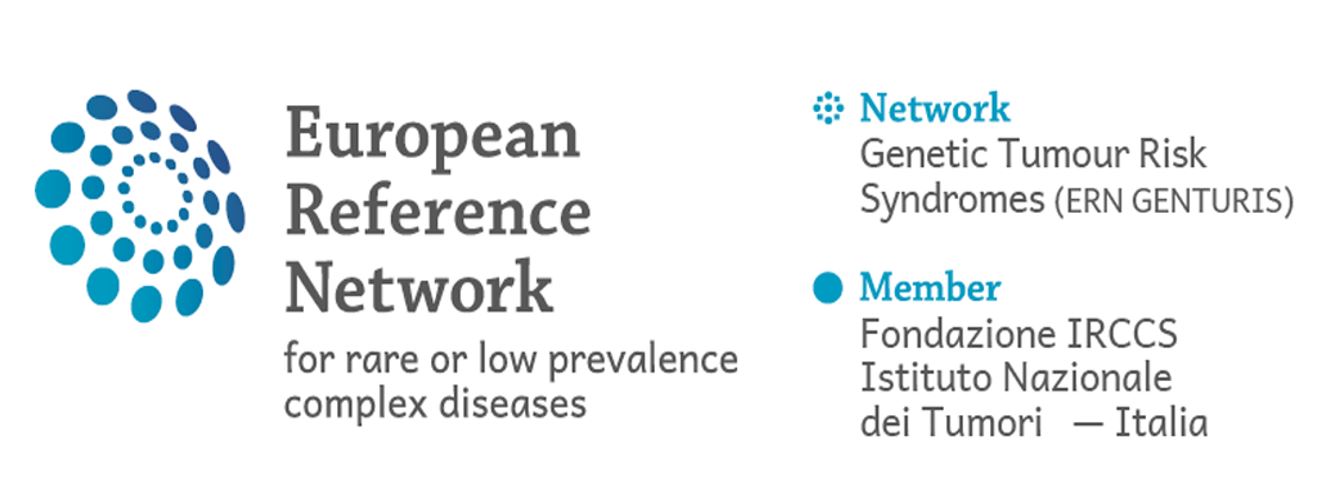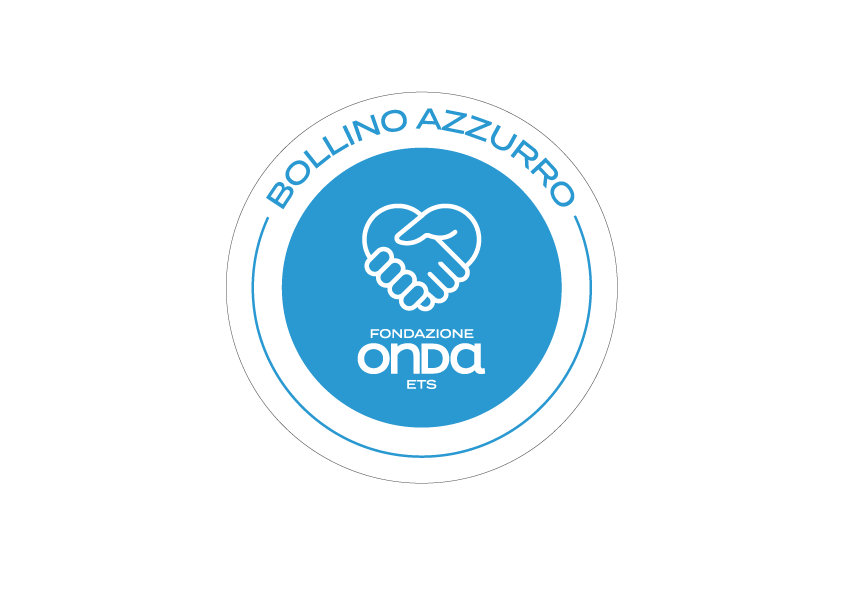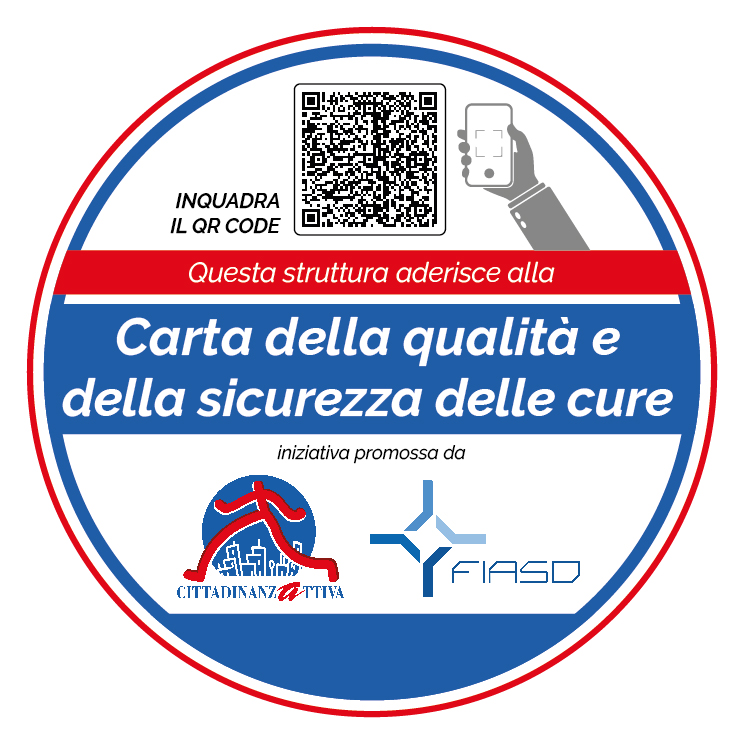PROSTATE CANCER
Prostate Cancer
Endorsed by the Scientific Director, the Prostate Cancer Program has a decade long tradition of multidisciplinary and multiprofessional approaches to the prostate disease and expertise in epidemiology, experimental oncology, molecular pharmacology, pathology, imaging, urologic surgery, radiotherapy, medical oncology, palliative and supportive care and psychology.
More than 20 research projects are currently on-going. Research is focused on multiple areas, such as the interpretation of survival differences over time, rational design of novel single drug and combination approaches exploiting tumor-associated molecular alterations and development of nanocarrier-based strategies for selective drug delivery in translatable and predictive preclinical prostate cancer models, identification of epithelial and stromal microRNAs regulating prostate cancer progression and metastasis as well as long non-coding RNAs governing prostate epithelial biology and tumor development, dissection of the role of mast cells and extracellular matrix proteins in prostate carcinogenesis, molecular characterization of indolent prostate cancer, quality of life of patients on active surveillance, toxicity and quality of life of patients treated with radiotherapy, new drugs and drug combinations for locally advanced and metastatic prostate cancer, and new radiotherapy fractionation schemes.
The Prostate Cancer Program participates in a number of national and international collaborations devoted to research in the area of prostate cancer: the PRIAS project (Prostate Cancer Research International Active Surveillance), the SIUrO PRIAS ITA project and the Movember Global Action Plan 3 on Active Surveillance, the Movember PCO-CRV trial (Prostate Cancer Outcome – Comparing and Reducing Variations), the first multicenter Italian trial (DUE01- Disfunzione Urinaria ed Erettile) devoted to predicting urinary toxicity and erectile functioning after radiotherapy and a large international collaboration (including Australian, French and Danish centers) dedicated to external validation of models for prediction of radioinduced toxicity, DUE-02 trial concerning validating predictive models of radioinduced toxicity in prostate cancer; the “REQUITE – Validating Predictive Models and Biomarkers of Radiotherapy Toxicity to Reduce Side-Effects and Improve Quality of Life in Cancer Survivors” project (funded by the European Union’s Seventh Framework Programme) and the MICROLEARNER project funded by institutional grant focusing on providing new insight about the response of healthy tissues to radiation by using information from the micro-environment obtained by biological measurements and imaging.














